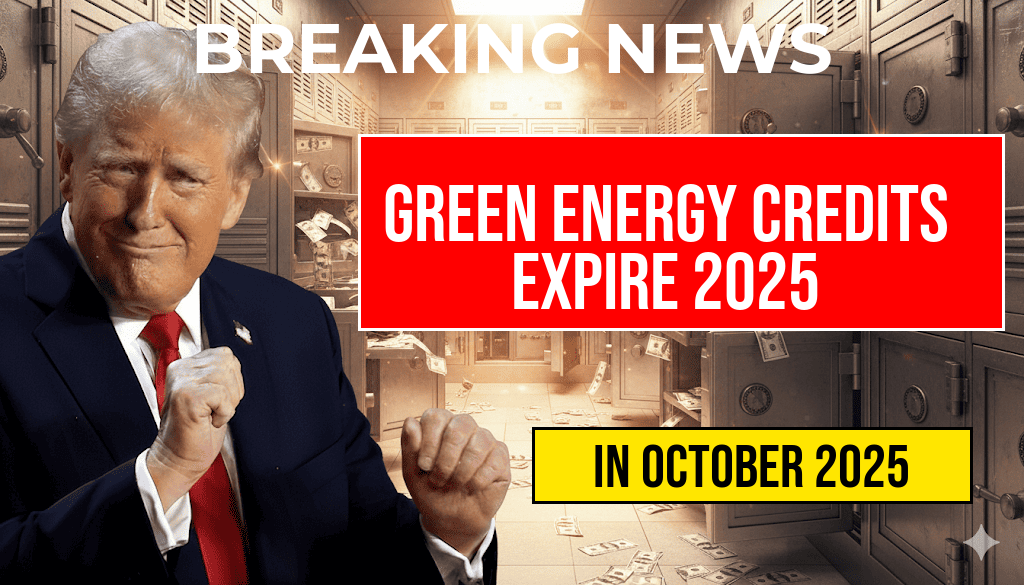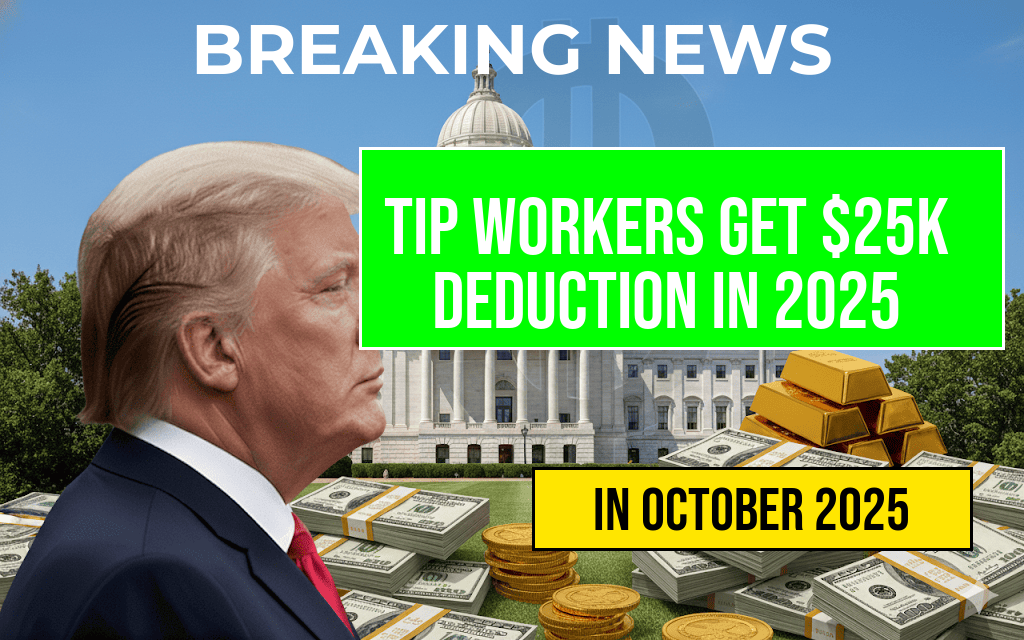Homeowners and renewable energy advocates are closely monitoring upcoming changes to federal tax incentives, as many green energy credits are set to expire in 2025. These credits have historically played a significant role in making sustainable home improvements more affordable, from installing solar panels to upgrading insulation. With the expiration date looming, property owners considering renewable energy projects need to act promptly to maximize financial benefits. The current landscape offers substantial tax incentives, but legislative adjustments could alter the scope and availability of these benefits in the near future. Understanding the details of existing credits, upcoming legislative changes, and strategic planning options can help homeowners navigate this transitional period effectively.
What Are Green Energy Credits and Why Do They Matter?
Green energy credits are tax incentives provided by the federal government to encourage the adoption of renewable energy sources and energy-efficient upgrades. These credits typically reduce the amount of tax owed by homeowners who invest in qualifying improvements, such as solar photovoltaic systems, wind turbines, or energy-efficient windows and insulation. The primary goals are to lower the carbon footprint of residential properties and accelerate the transition to cleaner energy sources.
Since their inception, these incentives have helped reduce the upfront costs of renewable installations and have been a critical driver behind the rapid growth of residential solar adoption in the United States. According to the Solar Energy Industries Association (SEIA), solar installations surged in recent years partly due to these tax credits, which made solar more financially accessible to a broader demographic.
However, many of these incentives are designed with expiration dates or phased-out schedules, leading to uncertainty for homeowners planning long-term investments. As some credits approach their expiration in 2025, the industry and consumers are evaluating how legislative shifts could impact future opportunities.
Key Energy Tax Credits Expiring in 2025
| Credit Name | Description | Current Status |
|---|---|---|
| Investment Tax Credit (ITC) for Solar | Provides a percentage of the installation costs as a tax credit for residential solar systems. | Phasing down from 30% to 26% in 2023, then scheduled to expire for residential projects after 2025 unless extended. |
| Residential Energy Efficiency Tax Credit | Offers incentives for energy-efficient upgrades like insulation, windows, and HVAC systems. | Originally scheduled for expiration in 2023, but extended through 2025 with similar benefit levels. |
| Wind Energy Tax Credit | Supports small wind turbine installations for homes. | Scheduled for expiration in 2025 unless legislative action extends it. |
While some credits, such as the solar Investment Tax Credit (ITC), have been extended or modified over recent legislative sessions, the trend suggests that the expiration of these incentives could lead to reduced financial benefits for future projects.
Legislative Outlook and Potential Changes
Federal policymakers are actively debating the future of renewable energy incentives. Proponents argue that maintaining or expanding these credits is crucial for meeting national climate goals and supporting domestic green industries. Conversely, some lawmakers advocate for scaling back subsidies or restructuring them to better target low-income households.
The Inflation Reduction Act of 2022 significantly boosted renewable energy incentives, but its provisions are often time-limited or subject to future legislative renewal. Experts warn that if Congress does not extend or replace expiring credits, homeowners may face higher costs for installing solar, wind, or energy-efficient systems after 2025.
For detailed updates on legislative developments, the Department of Energy’s website offers ongoing analysis and guidance.
Strategies for Homeowners Planning Renewable Upgrades
Act Before the 2025 Deadline
- Schedule installations early to ensure projects qualify for current credits.
- Consult with certified renewable energy contractors to determine the most beneficial upgrades within the current incentive framework.
- Review the specific eligibility criteria for each credit, as they can vary based on system size, type, and installation date.
Evaluate Long-term Cost Savings
While initial incentives are appealing, homeowners should consider the overall return on investment, including energy savings and potential increases in property value. Using online tools and consulting financial advisors can help model these benefits comprehensively.
Stay Informed on Policy Changes
- Subscribe to updates from the Internal Revenue Service (IRS) and Department of Energy (DOE).
- Engage with local renewable energy organizations for community-specific advice.
- Monitor legislative proposals that could extend or modify existing credits beyond 2025.
Impacts on the Residential Solar Market
The anticipated expiration of major incentives in 2025 has prompted a surge in solar project inquiries nationwide. Industry analysts suggest that this spike reflects homeowners rushing to lock in current tax benefits. However, some experts warn that a sudden decline in incentives could slow the market’s growth trajectory and impact the affordability of solar systems for middle- and lower-income households.
Manufacturers and installers are also preparing for potential market adjustments, with some offering promotional discounts or financing options to offset upcoming tax policy changes. Consumers weighing their options are advised to act swiftly to capitalize on existing incentives.
Resources for Homeowners
- Wikipedia: Investment Tax Credit (US)
- U.S. Department of Energy: Homeowner Guides
- Forbes: Renewable Energy Incentives Outlook
Frequently Asked Questions
What are Green Energy Credits and how do they benefit homeowners?
Green Energy Credits are incentives provided by the government to encourage the adoption of renewable energy sources. Homeowners can benefit from these credits by reducing their overall tax liability when installing qualifying solar panels, wind turbines, or other renewable energy systems.
Why are Green Energy Credits expiring in 2025?
The current tax incentives for green energy are set to expire in 2025 as part of a temporary policy extension. This creates a sense of urgency for homeowners to take advantage of these financial benefits before the expiration date.
How can I determine if my home energy system qualifies for tax credits?
To qualify, your home energy system must meet specific standards set by the government. It’s recommended to consult with a certified installer or review the IRS guidelines to ensure your system qualifies for energy tax benefits.
What steps should I take to maximize my tax benefits before the credits expire?
Start by consulting with a professional to assess your eligibility, plan your installation, and ensure you obtain all necessary documentation. Acting before 2025 allows you to maximize your credits and save on home energy improvements.
Are there any other financial incentives available besides green energy credits?
Yes, in addition to tax credits, many states and local governments offer rebates and financial incentives to support renewable energy projects. Checking with your local utility or state energy office can help identify additional benefits.






